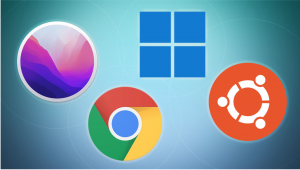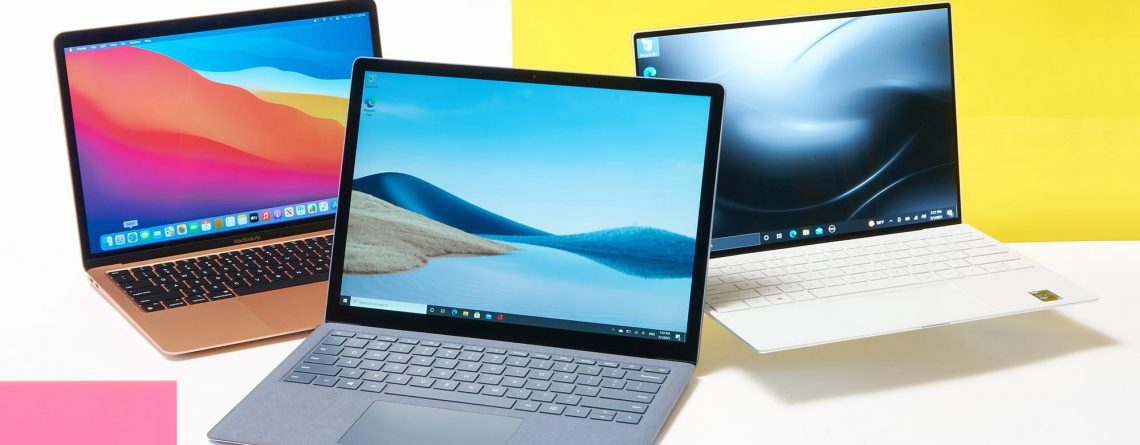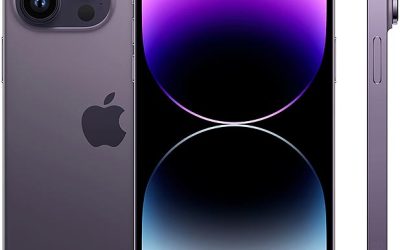How to Choose the Right Laptop – The Ultimate Guide
Shopping for a new Laptop can be a daunting task especially if you are not that tech-savvy. Here’s how to sift through all the technical details to find the best Laptop that will best suit your needs.
We hope to help you save some time navigating through all the hard ways you would follow to acquire yourself a new Laptop. Before you begin to start the new Laptop search journey, you need to have a couple of pieces of information regarding what you want in the Laptop. If you fail to get this right, it will affect the final decision you will make which will in return cause you a great financial loss. Let’s begin;
Operating System

The first thing you need to keep in mind is the type of operating system you wish to have on your Laptop. The operating system boils down to what software you will be running on your Laptop. For example; if you are Gamer, you wouldn’t want to choose Linus over Microsoft windows system. The same applies to other criteria.
There are four(4) major operating systems available on the market you can choose, Each of these operating systems has its own strengths and weaknesses depending on what you plan to use it for.
You might also like :
Best Tips For Buying A Used Smartphone
How to charge your Android phone battery more faster
Below is a brief overview of each of the Operating systems(OS).
Windows: This is the most popular operating system and the most widely used since the inception of personal computers. There’s no doubt that it has a wide coverage because of the many useful software and flexibility it comes with. If you are the productivity type, thus you make great use of the office tools such as Word, Powerpoint, Excel, etc. then Windows is your best bet. There are also more windows powered Laptops you can choose from in the market than any other OS.
macOS: In terms of popularity, macOS is next to Windows OS. macOS is another OS with a great graphical user interface, efficiency, and productivity tools. This OS is a great choice if you are an apple gadget fan and you enjoy using the apple iPhone. This is because the macOS-powered laptop has features that can make you seamlessly use your smartphone and Laptop with great ease. Nonetheless; if you are new to macOS devices such as apple Mac, especially coming from a windows background you will likely dislike this OS since it is totally different from what you are used to but with time it will become simple.
Most techies argue that macOS-powered devices are more secure as compared to their counterparts.
ChromeOS: This OS is a good choice for you if you mostly do your task in the browser. Chromebooks, thus ChromeOS-powered laptops are often the cheapest among the other OS-powered Laptops. This is because ChromeOS laptops are often limited to specific tasks. If you plan to use high-resource applications like adobe suite, and Microsoft Office, then ChromeOS(Chromebooks) is not the best option for you.
Linux: Among the most popular OS available is Linux, this OS is highly embraced by technical computer users like developers, hackers, etc. This is because the OS comes with specific inbuilt features that are not available in other OS which makes it the go-to for this group of users. If you are a regular computer user, there’s no need for Linux unless you are curious and want to try something new. One thing about Linux is that it can be installed on most Laptops provided you have the necessary system resources that can handle this OS.
Intel Processor or AMD Processor
Once you have decided which operating system you want and have some idea of the software you’re going to run, you can figure out the minimum hardware specifications you’ll need. One of the important things to consider is the processor, also referred to as the chip or the CPU.
For everyday web browsing, watching Netflix, and answering emails, Intel and AMD CPUs will give you excellent performance right out of the box. There are certain tasks, though, where one processor options perform better than the others.
Intel’s main processors are the Core i3, Core i5, Core i7, and Core i9. The Core i3 is the least powerful, the Core i9 is the most powerful. We usually drop the “Core” from the name because it gets repetitive.
Buy mobile phones online in Ghana
How Much Processing Power Do You Need?
If you’re a typical user who runs a web browser, Microsoft’s Office Suite, and perhaps even some photo editing software, we recommend a laptop with an Intel Core i5 ninth-generation or later processor.
Are You a Power User?
If you compile high software, edit video, or work with very large databases you’re going to want more processing power than the rest of us. I suggest an Intel i7 or Ryzen 7. You’ll also want to load up on RAM.
Buy laptops online in Ghana
How Much RAM Do You Need?
Again, if you’re programming and compiling software or editing video clips, two tasks that require a lot of RAM, you’ll want 16 GB at minimum, and you’ll probably be happier with 32 GB if you can afford it.
Storage Space (Hard Disk or SSD)
The hard drive is where you’ll store all your data. This is one of the essential factors to consider when buying a new laptop, the allocated storage space will determine the kind of files you can store on your Laptop, unless you plan to store your files on the cloud then there’s not much to worry about space. The minimum amount of space we recommend is 256 gigabytes.
The most common choice of storage these days is a solid-state drive (SSD), although most laptops are still using the hard disk which is also a good option. Go for an SSD drive if you can afford it or you have the chance to choose because SSDs are faster.
Check for Ports
While the CPU, RAM, and hard drive will have the biggest impact on performance, the amount and types of ports on your laptop can restrict you in certain ways. Ports are the various interfaces that allow you to plug peripherals like USB devices, or recharging it. Make sure the Laptop has up to a minimum of 2 USB ports.
Make Your Choice
Now its your turn; Once you’ve done your due diligence and narrowed it down to some models of Laptops, the next thing you need to do is to read some reviews about that Laptop to find out what the previous users think about it. This will save you a ton of time and stress after your Laptop acquisition.
I hope this guide helped if you are searching for how to pick the best laptop, how to choose the best gaming laptop,how to choose the best laptop for college, and more.





